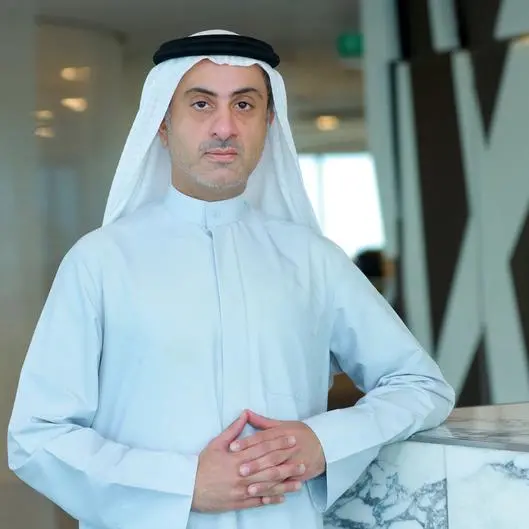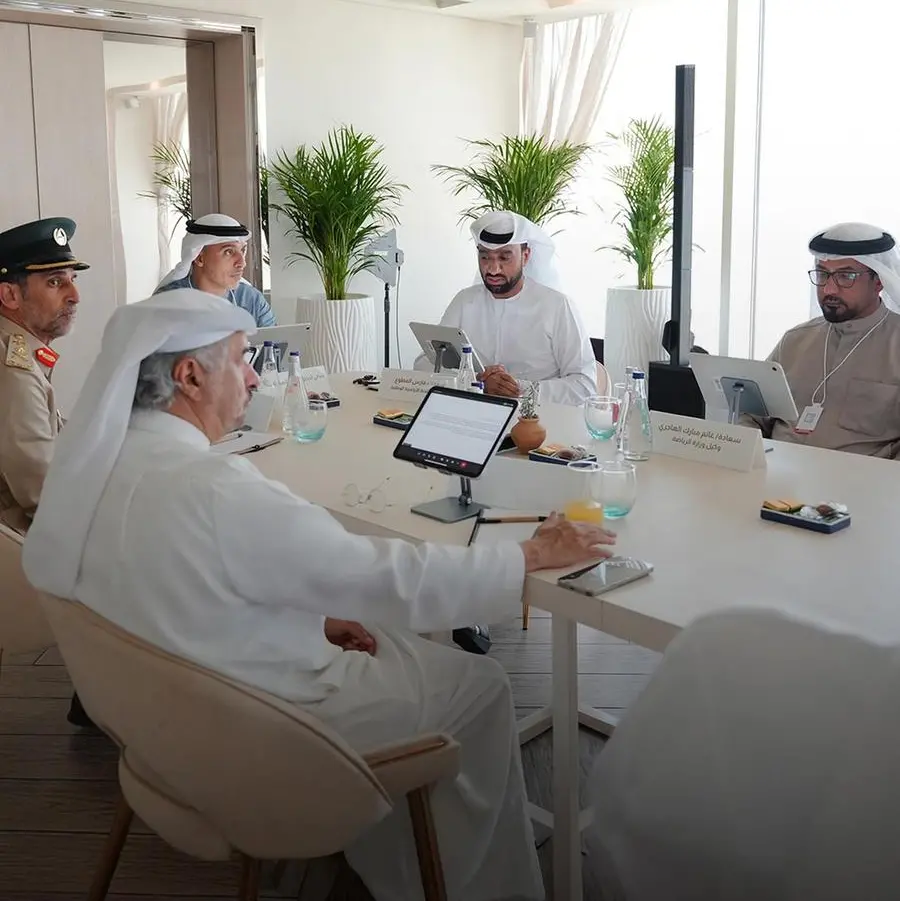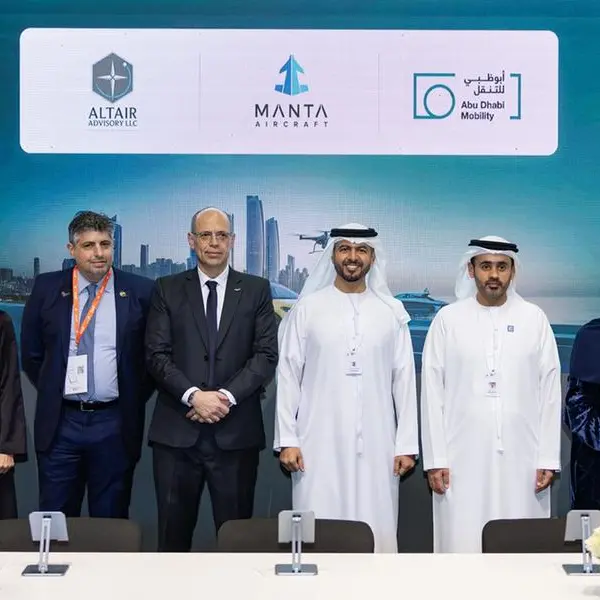PHOTO
- Saudi Arabia aims to achieve a SAR13.3 billion (US $3.6 billion) direct GDP contribution from fintech companies by 2030, showcasing significant growth potential within the region.
- The discussions emphasized the importance of tailoring fintech products for the Gulf region, prioritizing customer feedback, and integrating sustainability into startup culture for long-term success.
The Pearl Initiative, a leading non-profit organization dedicated to corporate accountability and transparency in the Gulf region, partnered with the Islamic Corporation for the Development of the Private Sector (ICD) to host two exclusive roundtable discussions in Saudi Arabia. These sessions aimed to enhance the competitiveness and sustainability of Fintech companies and startups in the region, aligning with the Pearl Initiative's commitment to fostering a robust business ecosystem.
Saudi Arabia has set ambitious goals, aiming to reach SAR13.3 billion (US $3.6 billion) in direct GDP contribution from fintech companies by 2030, a significant increase from SAR1.2 billion (US $317 million) in 2021, as reported by the U.S.-Saudi Business Council. Demonstrating the immense potential and opportunities within the region, the country witnessed a staggering 79% year-on-year increase in the number of operating fintech firms last year.
The first session, titled 'Building Fintechs for the region from the region,' featured distinguished speakers, including Mohamed Al Tajer, Founder and Managing Partner of Taghyeer Consulting FZC, and Noel Connolly, CEO of NOW Money. The session delved into the importance of tailoring fintech products specifically for the Gulf region, exploring challenges and opportunities faced by fintech startups in Saudi Arabia. A key highlight was the paramount importance of comprehensive research and analysis to identify market gaps and effectively address customers’ needs through the development of innovative products and services. Successful companies were shown to prioritize customer feedback and adapt their solutions accordingly. The discussions also emphasized the growing significance of corporate social responsibility and Environmental, Social, and Governance (ESG) considerations for financial inclusion, as customers increasingly value social impact and sustainability. The session further stressed the crucial role of nurturing a supportive ecosystem that encompasses funding for diverse ideas and start-ups to drive innovation and enhance access to financial services, particularly for the underbanked.
Commenting on the roundtable discussions, Mr. Hamza Alsaktawi, Unit Head of Financial Inclusion at Development Effectiveness Offices – DEO, ICD, stated, "We are excited to join forces with the Pearl Initiative to host transformative roundtable discussions on the role of corporate governance in driving growth and profitability. Our shared vision is to empower Gulf tech companies, especially fintech firms, by enhancing their competitiveness and sustainability in the region. Through this partnership, we aim to bolster sustainable development and ensure the continued growth and success of fintech enterprises throughout the Kingdom."
The second session, 'Leveraging Culture to Support Growth,' featured a panel of distinguished speakers, including Christina Andreassen, Director of Programs at Astrolabs, Lujain Alburghuthi, People Experience, Culture, Sustainability Lead KSA and Chalhoub Group, and Tarek Bolbol, General Manager of Raff Publishing. The session explored how funders could better understand and integrate themselves into the start-up ecosystem's culture to establish strong partnerships with corporates. It emphasized that execution is vital in fostering a successful culture, whether in start-ups or corporations. Understanding the cultural dynamics of large corporations, being patient and persistent when collaborating, and building enduring relationships were key takeaways from the discussions. The session also highlighted the importance of prioritizing growth in the early stages of a start-up while considering governance and regulation in sectors such as fintech, health tech, and biotech. Sustainability was recognized as an increasingly important aspect to incorporate into a start-up’s culture, emphasizing values such as revenue, profitability, and social impact.
Mohamed Al Moosa, Programme Manager at the Pearl Initiative, expressed his thoughts stating, "The fintech sessions, hosted in partnership with the Islamic Corporation for the Development of the Private Sector, have provided valuable insights into tailoring fintech solutions for the Gulf region. We are thrilled to facilitate these discussions and contribute to the growth and sustainability of the tech start-up ecosystem in Saudi Arabia and the Gulf region."
The Pearl Initiative actively promotes the business case for a corporate culture of accountability and transparency across various stakeholders, including multinationals, family businesses, small to medium-sized enterprises, tech entities, and youth. The recent roundtable discussions were part of the Pearl Initiative's 'Governance in Tech' program, aimed at raising awareness amongst Gulf-based tech entities of the benefits of strong and innovative corporate governance structures.
The roundtable discussions served as a valuable platform for sharing insights, exchanging best practices, and fostering collaboration within the tech startup ecosystem. By enhancing competitiveness and sustainability, the Pearl Initiative and the Islamic Corporation for the Development of the Private Sector (ICD) drive positive change and pave the way for a thriving tech industry in the Gulf region.
-Ends-
About the Islamic Corporation for the Development of the Private Sector (ICD)
The Islamic Corporation for the Development of the Private Sector (ICD) is a multilateral development financial institution and a member of the Islamic Development Bank (IsDB) Group. Established in November 1999, ICD supports the economic development of its member countries through the provision of finance for private sector projects, promoting competition and entrepreneurship, providing advisory services to governments and private companies of its member countries, and encouraging cross-border investments. ICD is rated A2’ by Moody’s, ‘A-’ by S&P, and A+ by Fitch. The institution establishes and strengthens cooperation and partnership relationships with an aim to establish joint or collective financing, while also leveraging financial technology (Fintech) to make financing more efficient and comprehensive. For more information on ICD, visit www.icd-ps.org.
About the Pearl Initiative
The Pearl Initiative is the Gulf region’s leading independent, non-profit organization working to promote the business case for a corporate culture of accountability and transparency. Established in 2010 by regional business leaders in cooperation with the United Nations Office for Partnerships, the Pearl Initiative is the only private, non-profit Gulf business network to receive special consultative status from the United Nations Economic and Social Council. The Pearl Initiative runs a series of corporate governance-related programs, including Anti-Corruption Best Practices, Diversity in Business Leadership, Governance in MSMEs, Governance in Family Firms, Governance in Tech, and Governance in Philanthropy. The organization also conducts locally relevant research, hosts workshops and executive education training sessions, and convenes business leaders, policymakers, students, and non-profit executives to encourage a proactive approach to implementing best practices in the workplace across the Gulf region.
With a growing network of over 40 regional and international partners, the Pearl Initiative continues to strive to be the leading business-led action-oriented platform to advance corporate governance as a key driver of competitiveness, job creation, and sustainable economic growth across the Gulf region.
For more information, please visit www.pearlinitiative.org




















